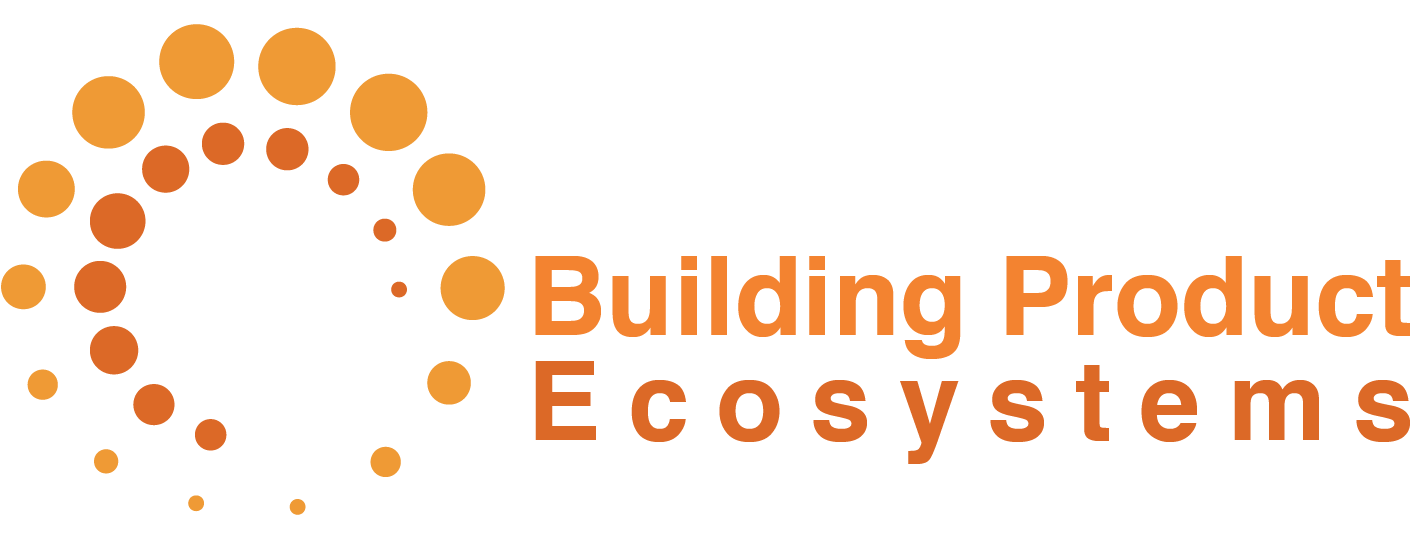On March 6, 2020, the New Jersey Superior Court entered a final consent order officially memorializing the settlement between the Town of Kearny, the New Jersey Sports and Exposition Authority (NJSEA) and the New Jersey Department of Environmental Protection (NJDEP) to permanently close the Keegan Landfill. The consent order was negotiated by the parties and terminates the litigation filed by the Town against the NJSEA on April 22, 2019 and against the NJDEP on October 25, 2019.
Could Glass Make a Comeback Amid Single-use Plastic Concerns?
Concretising the role of extended producer responsibility
The aim of this paper is to shed light on the main aspects of Extended Producer Responsibility (EPR), a widely used principle of environmental policy, looking through the lens of EU waste law and policy, as this is currently evolving. The main discussion will revolve around the opportunities of moving towards a more effective EPR and adopting more effective policy instruments. Emphasis will be given to the definition of EPR, to its content and to implementation schemes in EU law especially as regards the role of EPR in achieving the challenging targets which exist relating to waste management and product design requirements under the Circular Economy Package, while at the same time highlighting the inter-relationship between waste and product laws.
Sustainable Building Materials for Low Embodied Carbon
Structural Engineers 2050 Challenge
“The goal of the Structural Engineers 2050 (SE 2050) Challenge is to inspire structural engineers to contribute towards the global vision of Zero Carbon buildings by 2050, and to provide measurements of progress towards that vision. Much like the AIA 2030 Challenge does for operational energy in buildings, this SE 2050 initiative will challenge structural engineers to meet embodied carbon benchmarks and increasingly higher reduction targets in a “race towards the most efficient building” as we approach the year 2050.”
Marin County, Calif., Enacts First Low-Carbon Concrete Code in US
“On Nov. 19, the five-person Marin County, Calif., board of supervisors unanimously approved the nation’s first low-carbon concrete code that applies to both public and private construction (ENR 11/4-11 p. 24). The Bay Area Low-Carbon Concrete Building Code, which limits embodied carbon content of both plain and reinforced concrete, goes into effect Jan. 1.”











